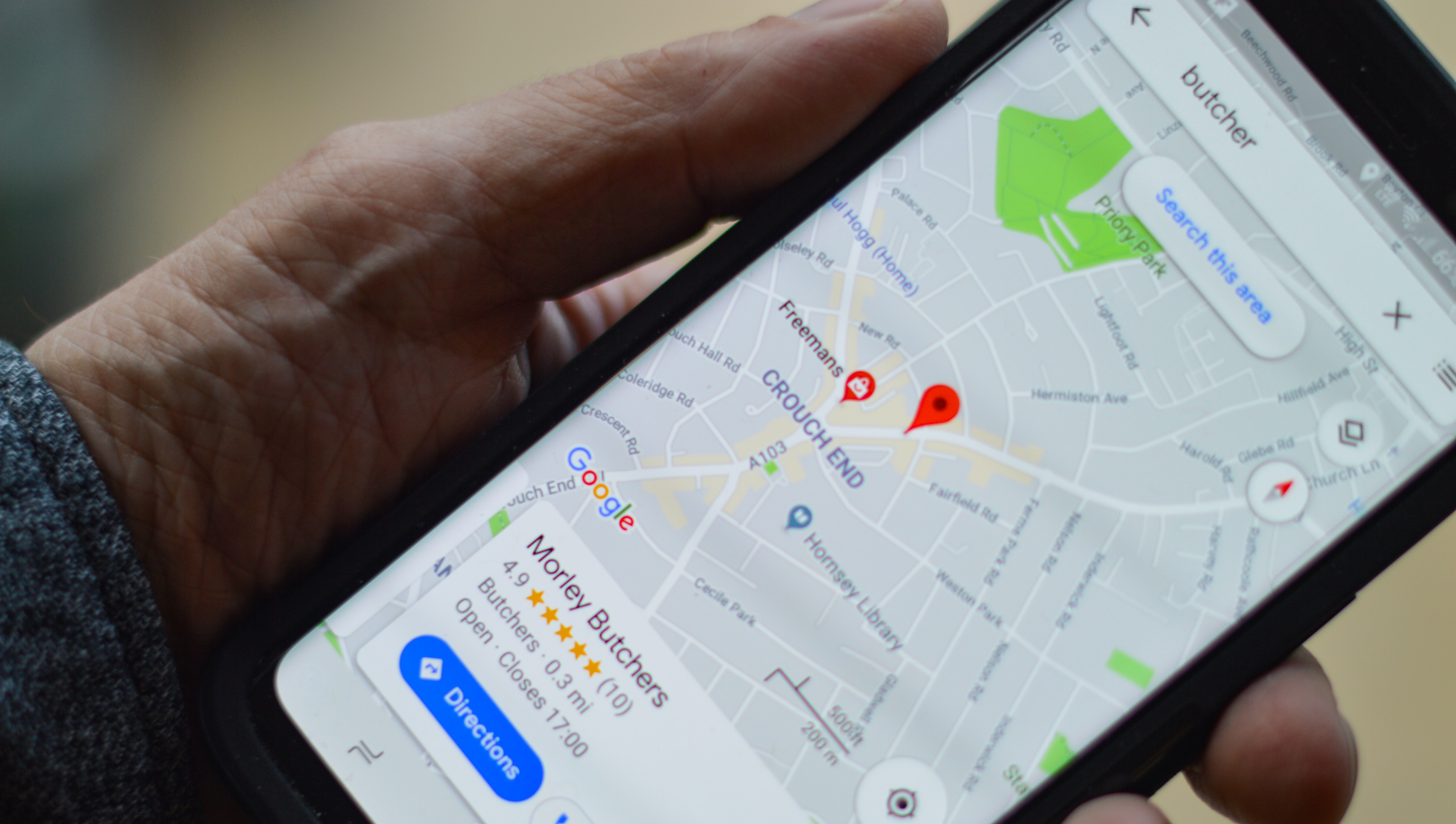Why Local SEO is Critical for Small Businesses
Small businesses have to face several challenges when it comes to competing with larger, more established businesses. With limited budgets and resources, it can be challenging for small businesses to attract new customers and generate revenue. That is why local SEO has become an essential component of local business marketing strategies.
Local SEO is a set of techniques that small businesses can use to improve their visibility in local search engine results pages (SERPs). These techniques include optimizing their website for local keywords, building local citations, claiming and optimizing their Google My Business (GMB) listing, and earning local backlinks.
In this blog post, we will discuss why local SEO is critical for small businesses and how they can use it to their advantage.

Local SEO Helps Target Local Customers
Local SEO is designed to target customers' queries who are looking for products or services in a particular area. By optimizing their website for local keywords, small businesses can improve their local ranking and attract customers who are more likely to be interested in their products or services.
For example, if a small business provides plumbing services in Los Angeles, it can optimize its website for keywords such as "Los Angeles plumber" or "plumbing services in Los Angeles." By doing so, they can increase their chances of appearing in the local search results when someone searches for those keywords.

Local SEO Helps Small Businesses Stand Out
Small businesses must compete with larger, more established companies with more resources and a more extensive customer base. Local SEO helps small businesses stand out in the crowded marketplace by improving their visibility in local search results of their target geographic area.
When a small business appears in the local search results, it gives them more credibility and visibility. Customers are more likely to trust and choose a small business that appears in the local search results than one that doesn't.
Incorporating Schema into your web page is a strategic move to inform search engines about the nature of your business and the specific products or services you offer, thereby improving click-through rates on your pages. By using Schema markup, you provide search engines with a clearer understanding of your website's content and structure which helps your business stand out in search results and attract more clicks from potential customers.
Local SEO Helps Build Brand Awareness
Small businesses that invest in local SEO can build brand awareness in their local community. By appearing in the search results with local intent and interacting with target groups on social media, small businesses can increase their visibility and reach more customers.
Producing local content with relevance, such as blog posts or social media updates that highlight the business's connection to the local community can also help build brand awareness and loyalty. This kind of content helps establish the business as an authority in the community.
When a small business appears in the local search results, it gives them more credibility. Attracting a local audience is more likely for a small business that appears in the local search results with reviews than one that doesn't.

Local SEO is Cost-Effective
Local SEO is a cost-effective marketing strategy for small businesses. Unlike traditional advertising, which can be expensive and difficult to track, local SEO allows small businesses to target local customers and track their results.
For example, small businesses can use Google Analytics to track the number of visitors to their website and the keywords that brought them there. By analyzing this data, small businesses can make informed decisions about their local SEO strategy and adjust their efforts accordingly.

Local SEO Helps Build Trust and Credibility
When a small business appears in the local search results, it gives them more credibility and trust. Customers are more likely to trust and choose a small business that appears in the local search results than one that doesn't.
Local SEO can also help small businesses build trust and credibility by earning local backlinks. Backlinks are links from other websites that point to a small business's website. When a small business earns local backlinks, it signals to search engines that its website is trustworthy and authoritative.

Local SEO Helps Small Businesses Compete with Larger Businesses
By optimizing their website for local keywords and building local citations, small businesses can improve their visibility in the local search results and attract more customers.
Search engines rely on signals such as local content, social profile pages, links, and citations to provide the most relevant local results to the user to gather information for local search. For U.S. companies data aggregators like Express Update, and Foursquare provide data for map packs for search engines like Google and Apple. Make sure to maintain consistency in your citations.
For example, a small business that provides accounting services can optimize its website for keywords such as "accounting services in Los Angeles" or "Los Angeles accounting firm." By doing so, they can increase their chances of appearing in the local search results when someone searches for those keywords.
Local SEO Improves the User Experience
Local SEO can improve the user experience for customers who are searching for products or services in a particular area. By optimizing their website for local keywords and providing accurate and up-to-date information on their local listings, small businesses can provide customers with the information they need to make informed decisions.
For example, a small restaurant can use its Google Maps listing to provide customers with their hours of operation, menu, and reviews from previous customers. By doing so, they can improve the user experience for customers who are looking for a place to eat in the local area.

Can Local SEO Lead to More Foot Traffic?
Local SEO can lead to more foot traffic for shops that have a physical location. By optimizing their landing pages for local keywords and building local citations, small businesses can improve their online presence and attract more customers to their physical location.

Local SEO Boosts Online Reviews via Listings Sites.
Local SEO can lead to more online customer reviews for small businesses. When a small business adds information like business name, and phone number in a Google business profile, and appears in the local search results, and business listing websites, it gives customers the opportunity to leave a review of their experience.
Online reviews can be a powerful marketing tool for small businesses. Positive reviews on websites like Yelp can help small businesses build trust and credibility, while negative reviews can provide valuable feedback and an opportunity to improve. 
Local SEO Can Improve Overall SEO Efforts
Local SEO can improve overall SEO efforts for small businesses. By optimizing their website for local long-tail keywords and earning local backlinks, small businesses can improve their overall search engine ranking.
For example, a small business that appears in the local search results for "Los Angeles plumber" is more likely to appear in the organic search results for "plumber" as well. By improving their overall search engine ranking, small businesses can attract more customers and generate more revenue.
In conclusion, by following local SEO best practices, businesses can improve organic traffic from searches performed by customers in nearby areas. By targeting local customers, and improving overall SEO efforts, small businesses can increase their visibility, attract more customers, and generate more revenue.
Useful Link




